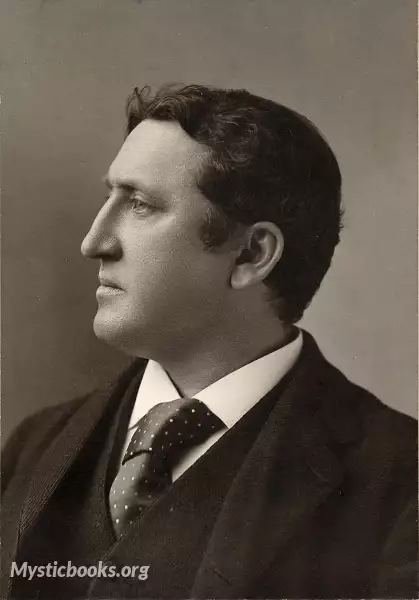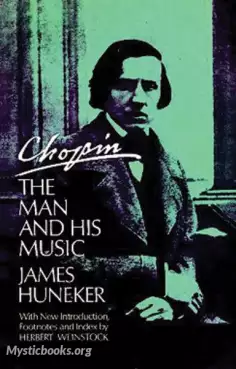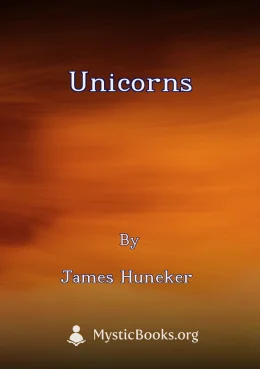
Timeline
Title
Country/Nationality
James Huneker
James Gibbons Huneker was an American art, book, music, and theater critic. A colorful individual and an ambitious writer, he was "an American with a great mission," in the words of his friend, the critic Benjamin De Casseres, and that mission was to educate Americans about the best cultural achievements, native and European, of his time. From 1892 to 1899, he was the husband of the sculptor Clio Hinton.
Huneker was born in Philadelphia. Forced by his parents to study law, he knew that a legal career was not what he wanted; he was passionately interested in music and writing, hoping one day to be a concert pianist and a novelist. At twenty-one, he abandoned his office job and Philadelphia ties and (with his pregnant girlfriend, then wife) left for Paris, telling his parents that he was departing only the night before the ship sailed. On a tight budget supplemented with money his parents sent, he studied piano under Leopold Doutreleau in Paris and audited the piano class of Frédéric Chopin's pupil Georges Mathias. He also began a lifelong immersion in European art and literature and was thrilled to catch sight on his wanderings through the city of Victor Hugo, Ivan Turgenev, Gustave Flaubert, Guy de Maupassant, and Émile Zola as well as Édouard Manet and Edgar Degas. That year abroad changed Huneker's life.
Huneker and his wife and child returned to Philadelphia the following year, but he was never happy again in his native city and longed for the wider stage of New York, where he hoped to try his luck as a journalist while he continued his study of music. He moved to New York City in 1886, having abandoned his wife and child. There he scraped by, giving piano lessons and living a downtown bohemian life, while he studied with Franz Liszt's student Rafael Joseffy, who became his friend and mentor. (Huneker's musical gods were Liszt, Chopin, and Brahms. He published a biography of Chopin in 1900 and wrote the commentary on Chopin's complete works for Schirmer's music publishing company. His analysis of the piano solo works of Johannes Brahms, written shortly after that composer's complete works were published posthumously, is still highly regarded.) By the 1890s, after finally giving up his dream of a music career for himself, he was working full-time as a freelance critic responsible for covering the music, art, and theater scene of New York. A voracious reader, he also became a prolific and entertaining book reviewer.
In the history of American journalism, Huneker is principally associated with the New York Sun, a lively, respected New York daily which prided itself on its opinionated political commentary and extensive coverage of the arts. He was the paper's music critic from 1900–1902 and its art critic from 1906–1912. He also published in a range of high-circulation and small-press journals, both mainstream and avant-garde, over a thirty-year period: e.g., Harper's Bazaar, M'lle. New York, Metropolitan Magazine, North American Review, Puck, Reedy's Mirror, Scribner's Magazine, The Smart Set, Theatre and Town Topics. His reviews, columns, and interviews with major artistic figures from various magazines and newspapers were reprinted in several books published by Charles Scribner between 1904 and 1920.
Books by James Huneker

Chopin: the Man and His Music
A biography of the Polish composer and virtuoso pianist Frédéric Chopin and a critical analysis of his work by American music writer and critic James Huneker.

Unicorns
James Huneker's "Unicorns" is a collection of essays that explores the intersection of art, music, literature, and the concept of the unicorn. Through insightful observations and critical analyses, Huneker delves into the lives and works of prominent...